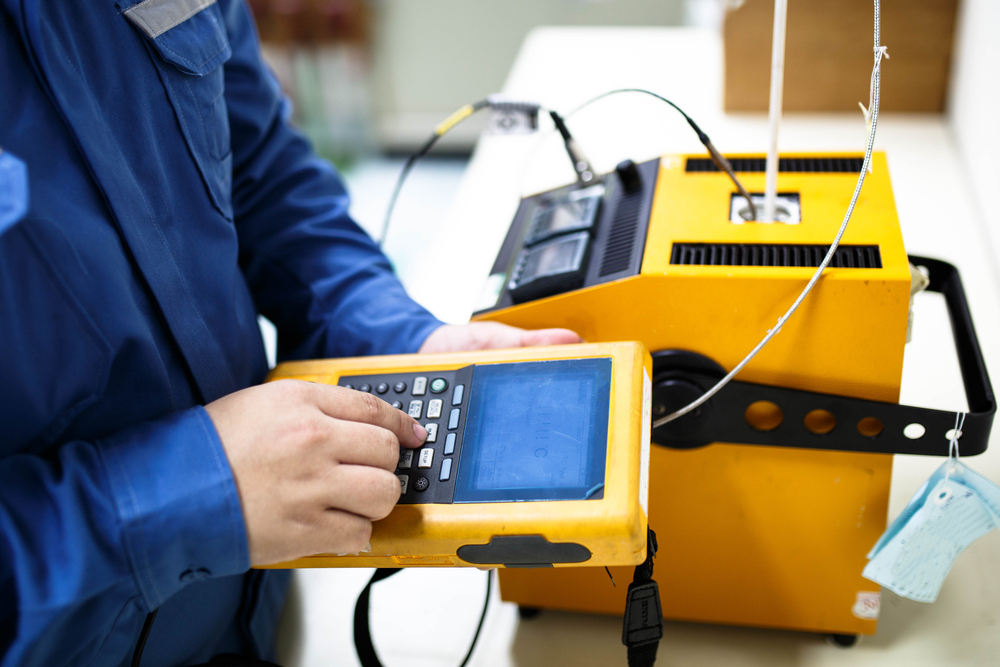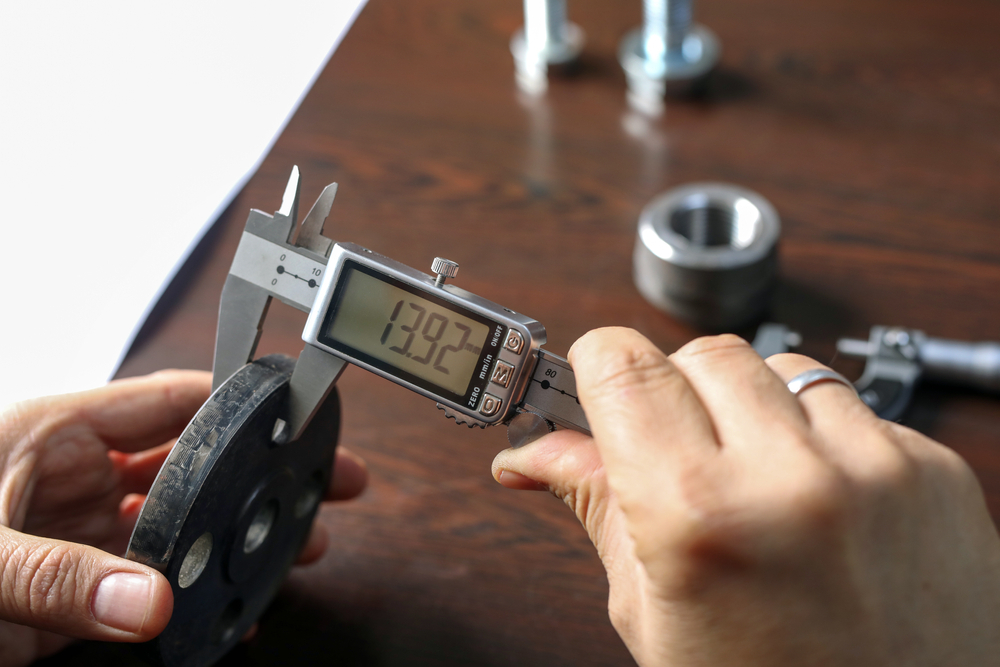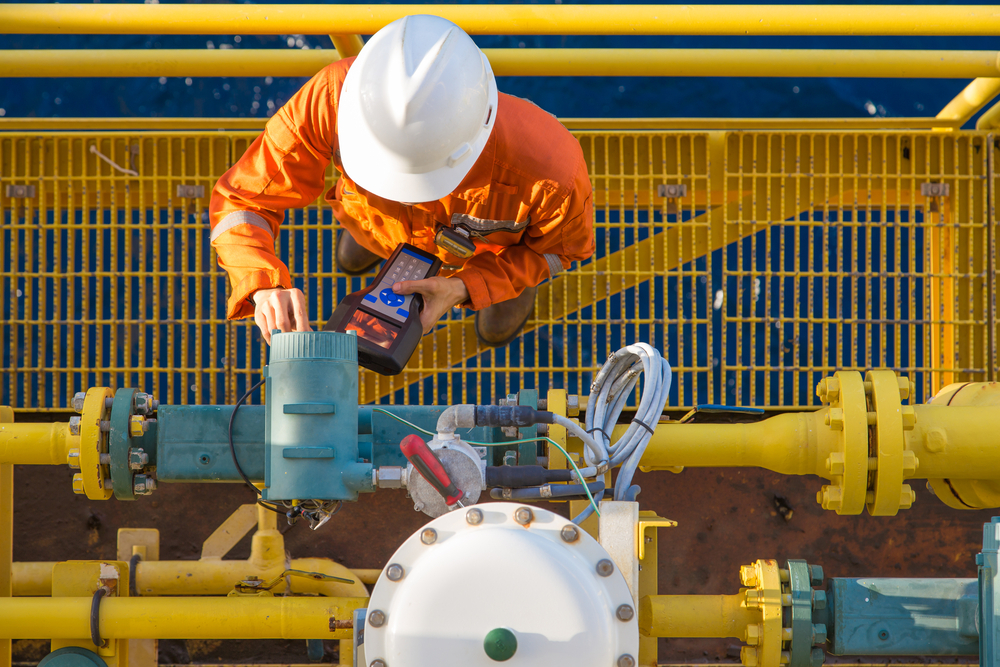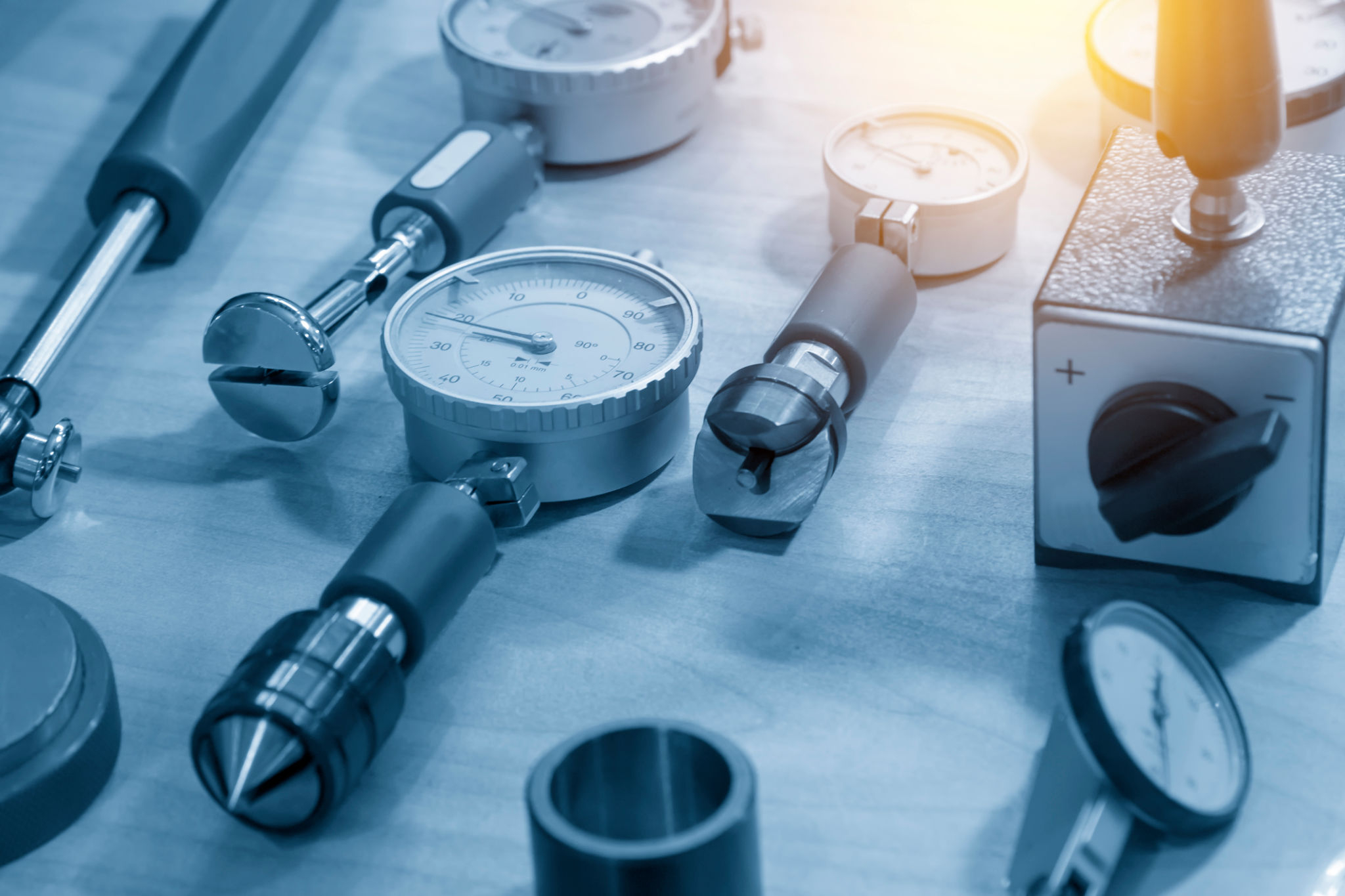Calibration is the process of ensuring a piece of equipment is working right. Calibrating a device involves ensuring it provides values in a realistic range. Ensuring that scientific equipment works right is vital in many industries, including manufacturing, medical, and scientific research. Without a calibration business that provides these services, many vital business processes wouldn’t work.
You can take advantage of this fact and create your own calibration services business. It can be a lucrative and profitable business when done right.
Keep reading to learn everything you need to know about starting your own calibration business.
What is Calibration?
Calibration is the process of ensuring your equipment operates within its set limit. You calibrate your equipment to ensure it’s operating normally and provides precise and reliable results.
Calibrating your equipment saves you both time and money by improving your instruments’ accuracy. This is especially true if you’re in the healthcare, research, and manufacturing industries.
Types of Calibration
You can calibrate multiple instruments in different industries. These are the most common types of calibration.
Electrical calibration

Electrical calibration involves ensuring that instruments that test electrical properties, like voltage, current, and resistance, are accurate. This type of calibration is a high-end process that needs precise instruments.
These are the most common instruments submitted for electrical calibration
Data loggers
Electric meters
Multimeters
Oscilloscopes
Frequency counters
Insulation testers
Loop testers
Mechanical calibration

Mechanical instruments experience stress because of repeated use and changing air conditions. You need to calibrate your mechanical instruments to ensure they overcome the errors caused by mechanical stress.
Mechanical calibration involves testing physical properties like mass, volume, and density in temperature controlled atmospheres.
These are the most common mechanical calibration tools:
Scales and balances
Accelerometers
Force gauges
Micrometers
Torque wrenches
Flow Calibration

Flow calibration involves ensuring the flow rate of liquid or gas is under appropriate limits. You’ll perform flow calibration with flow meters. A flow meter measures the linear or non-linear volumetric flow rate of liquids and gasses.
You’ll use your flow meter in a controlled manner to regulate the speed and efficiency of your industrial flow processes.
You have to calibrate your flow equipment to maximize production and compliance with regulations. So flow meters guarantee that flow measurements are accurate, which ensures your operations proceed safely on time.
These are the four most common types of flow meters
Thermal mass flowmeters
Laminar flowmeters
Gas and air rotameters
Turbine meters
Pipette Calibration
You need pipette calibration to ensure your pipetting results are accurate. The pipette is one of the most commonly used measuring devices in laboratories.
You have to properly calibrate all types of pipettes, whether single-channel, multi-channel manual pipettes, or electronic pipettes.
The calibration goal of pipette is to ensure pipette dispensing is precisely completed.
Pressure Calibration

Pressure calibration is important for industries where you need equipment measurement for process and safety monitoring. The most common pressure calibration involves measuring gas and hydraulic pressure.
Businesses nowadays are certified for quality standards like ISO9001.
Pressure calibration is important because many industrial processes depend on pressure management.
You can perform pressure calibration using different pressure balances and calibrators and high-accuracy sensors and gauges.
You can perform pressure calibration on the following pressure devices
Digital pressure gauges
Digital indicators
Transducers
Transmitters
Analogue pressure gauges
Barometers
Test gauges
Temperature Calibration
Temperature calibration is performed to ensure temperature readings are accurate. You’ll perform temperature calibration in a controlled environment to ensure accuracy.
These are the most commonly used devices in temperature calibration:
Thermistors
Thermocouples
Platinum resistance thermometers (PRTs)
You can only perform temperature calibration by comparing the device you’re testing with a stable reference. You can’t perform temperature calibration by measuring temperature from a sensor with an in-line field indicator.
These are the most common equipment that regularly need temperature calibration:
Data acquisition systems
Thermometers
Dial thermometers
Chambers
Infrared meters
PRTs
Thermal cameras
Starting a Calibration Business
Starting a calibration business can be a great idea depending on where you live. There’s high demand for these services in developed and industrialized economies. But like any other business, you need to learn about the market first.
The basic things you need for a calibration business is calibration equipment and a team of trained employees who can use it.
Market Overview For Calibration Business
The IMARC group completed a study that predicts the calibration market will grow by 5.1% between 2023 and 2028. Most of this growth is concentrated in industries like healthcare, manufacturing, and scientific research.
Another boon is the increasing popularity of technology and automation in these and other industries. As businesses depend more on scientific tools, the need to ensure their tools are accurately calibrated also increases.
The calibration services market is especially growing in Saudi Arabia because of the above-mentioned reasons, plus the country’s high economic growth. So while the overall market is hot right now, it’s particularly hot in Saudi Arabia.
Despite its strong growth, the calibration services market remains highly competitive. Succeeding in this market also requires access to capital. plus skilled employees and equipment.
Calibration Business Equipment

Your business needs a set of calibration equipment to provide reliable calibration services. Tunkia is a great example of a business that provides such equipment.
Here’s a summary of the tools you may need.
Measurement standards
Your measurement standards are the set of benchmarks you’ll use to calibrate other measuring tools. The best examples are resistance and frequency standards. Other examples include pressure gauges and RTDs.
Test and measurement standards
These are the instruments that need to be calibrated. Examples include multimeters, power analyzers, and oscilloscopes.
Data gathering and analysis equipment
These tools are used to gather and analyze the data from your calibrated instruments. Examples include data loggers and analysis software.
Specialized equipment
You may need specialized equipment like environmental tools for calibrating humidity and temperature sensors. This depends on what type of equipment your business will calibrate.
Hand tools
This includes simple tools like screwdrivers, pliers, and wrenches for maintaining and fixing equipment.
Remember that the type of tools and equipment you need depend on what services you provide.
For example, calibration firms that serve the aerospace sector may need microwave test equipment. Meanwhile, a calibration service in the medical industry could need endoscopes and ultrasound machines.
Certifications and Licenses For Calibration Business

You may need multiple certifications and licenses depending on where your business operates. These are the most common types of certifications needed for a calibration business.
Business licenses and permits
This includes licenses and permits you need to work in specific locations. Examples include a sales tax permit and a permit to operate in Saudi Arabia.
Accreditation to ISO/IEC 17025
This accreditation is the international standard for testing and calibration facilities. You may need it to be recognized as a competent calibration services firm that adheres to international standards.
Industry-specific certificates
You may need industry specific certifications depending on the industry you serve. For instance, you will need an AS9100 certification to provide calibration services in the aerospace industry.
The AS9100 is the quality management standard for the aerospace industry.
Use Calibration Management Software to Reduce Upfront Cost
Use calibration software to reduce costs. This software ensures your fixed assets operate under optimal parameters by testing your equipment and comparing it with standards.
Calibration management software reduces maintenance costs, improves up-time and reduces chances of your equipment malfunctioning.
You’ll benefit the most from calibration management software if you operate in asset-intensive industries like construction and manufacturing.
Another benefit is that calibration management software like Metquay helps calibrate your equipment if you can’t afford to hire fully trained engineers yet.
You can have technicians or employees with little training to easily calibrate your equipment with Metquay. This way you’ll save costs on hiring extra employees.
Metquay is ISO 17025 compliant and has these features
Alerts
Barcoding
Calibration scheduling
Compliance management
Analytics
Label printing
Instrument management
Work order management
Launching a Calibration Business has never been easier
Launching a calibration business can be both rewarding and fulfilling, especially in today’s age. The demand for calibration services is exploding because of the rise of technology and automation.
Businesses in the manufacturing, medical, and other industries have to regularly calibrate their equipment to be accurate. So there’s great market demand, particularly in Saudi Arabia.
Creating a calibration services business isn’t easy of course, but it’s doable. You have to invest the capital and hard work. Most importantly, you’ll need a trusted equipment supplier to provide you the materials you need. Thankfully, NEO is Saudi Arabia’s top Metquay and Tunkia distributor. So please feel free to contact us today if you need reliable support.

